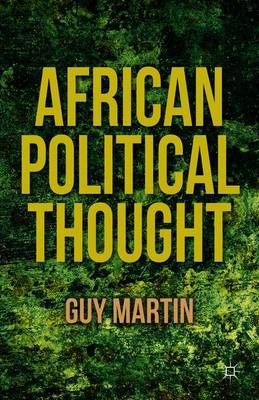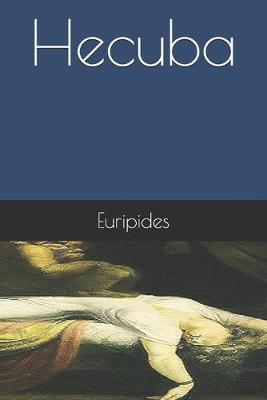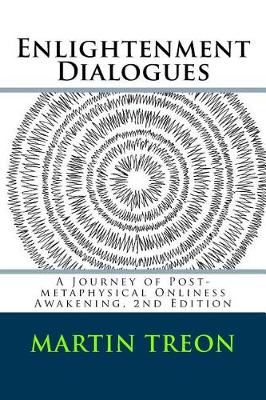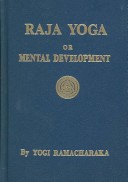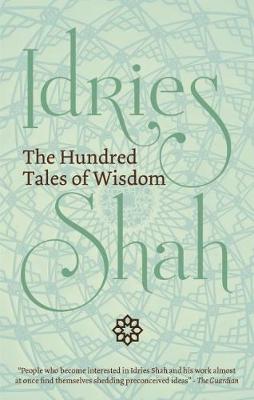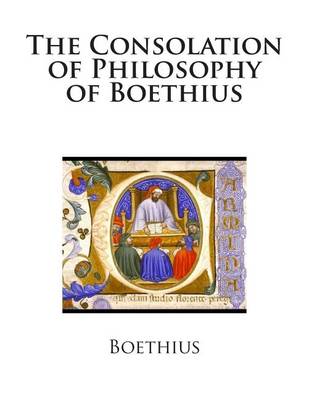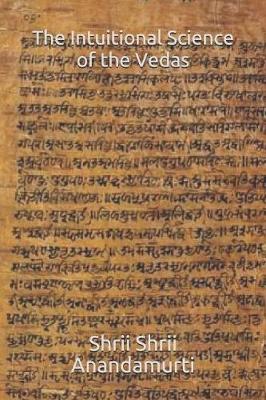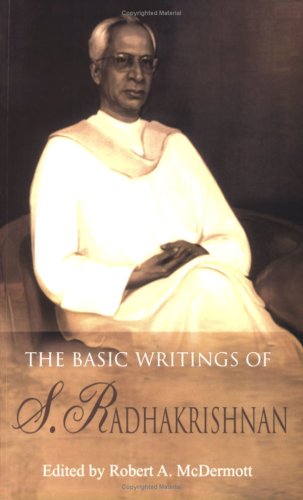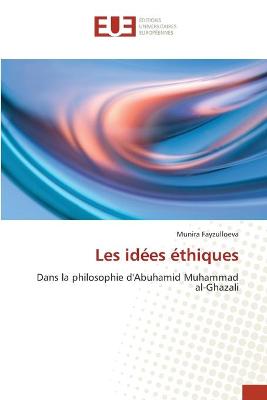Focusing on individual political thinkers and beginning with indigenous African political thought, the book successively examines African nationalism, African socialism, populism and Marxism, Africanism and pan-Africanism, concluding with contemporary perspectives on democracy, development and the African state.
T'Ai Chi Ch'uan (Tuttle Martial Arts)
by Petra Kobayashi and Toyo Kobayashi
Unlock the secrets and health benefits of this ancient internal Chinese martial art! T'ai Chi Ch'uan (or taijiquan), a Chinese internal martial art, is best appreciated in the West for its health and fitness benefits, as an art of self-defense, and as a spiritual path. In classical Tai Chi, these aspects form an inseparable unity. In this guide to the classical Yang style, Petra and Toyo Kobayashi present the foundations of T'ai Chi Ch'uan and give comprehensive insights into its methods. Speci...
Hecuba (The Greek Tragedy in New Translations) (BCP Greek Texts)
by Euripides
Also available in paperback. Please see page 00 for a full description.
Cultural Imperialism (Institute for Cultural Research monographs, #6)
by Robert Cecil
...by so intelligently and often penetratingly discussing patterns of language, Bond contributes much to the interpretation of this deeply disturbing and moving play.'___ The Times Educational Supplement .
The Doctrine of the Mean And The Great Learning By CONFUCIUS
by Confucius
The book called The Consolation of Philosophy was throughout the Middle Ages, and down to the beginnings of the modern epoch in the sixteenth century, the scholars familiar companion. Few books have exercised a wider influence in their time. It has been translated into every European tongue, and into English nearly a dozen times, from King Alfreds paraphrase to the translations of Lord Preston, Causton, Ridpath, and Duncan, in the eighteenth century.
From Devotion to Total Surrender
by T. K. Sribhashyam and Alamelu Sheshadri
Indian Buddhist Philosophy (Ancient Philosophies)
by Amber Carpenter
Organised in broadly chronological terms, this book presents the philosophical arguments of the great Indian Buddhist philosophers of the fifth century BCE to the eighth century CE. Each chapter examines their core ethical, metaphysical and epistemological views as well as the distinctive area of Buddhist ethics that we call today moral psychology. Throughout, this book follows three key themes that both tie the tradition together and are the focus for most critical dialogue: the idea of anatman...
